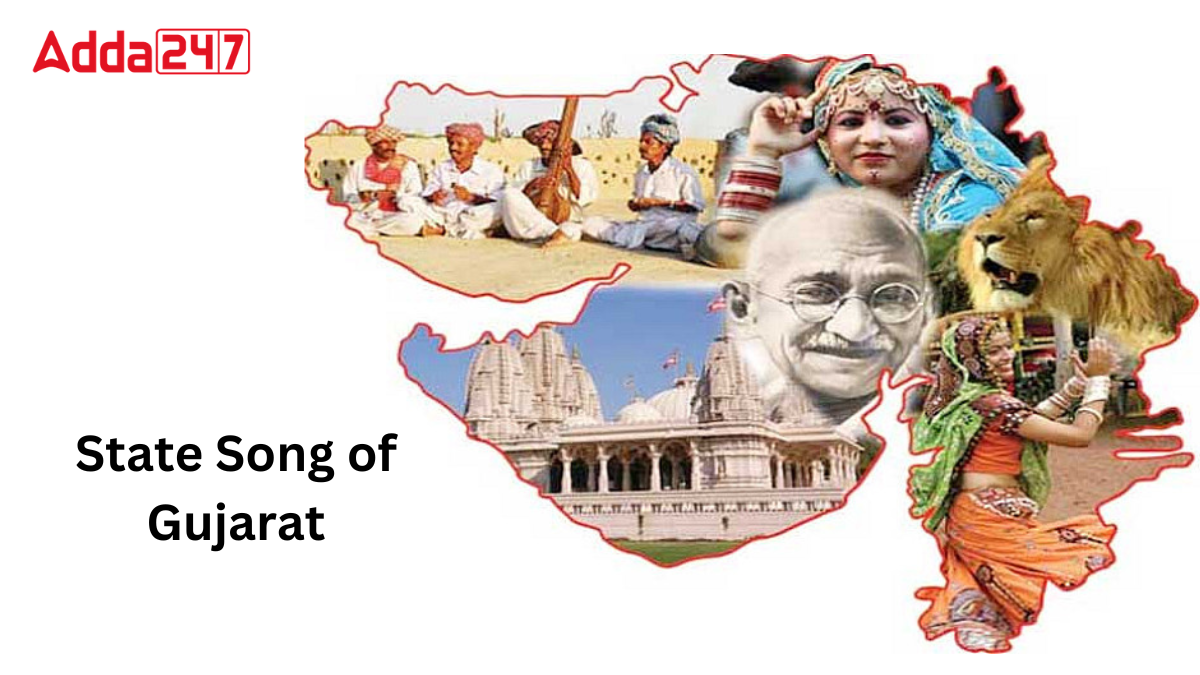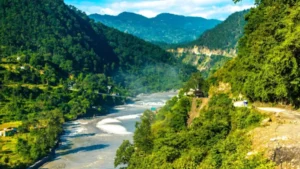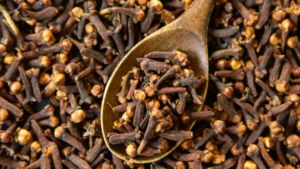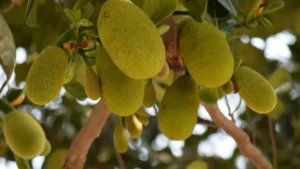The state song of Gujarat, “Jai Jai Garvi Gujarat,” embodies the cultural pride and heritage of the state. Composed by the renowned Ravindra Jain, this song is a celebration of Gujarat’s beauty, history, and achievements. Often performed at official events and cultural gatherings, it fosters a sense of unity and pride among the people, highlighting the state’s rich traditions and progress.
What is the State Song of Gujarat?
“Jai Jai Garavi Gujarat,” which translates to “Victory to Proud Gujarat,” is a revered poem written by the eminent Gujarati poet Narmadashankar Dave in 1873. This composition has become a symbol of pride for the people of Gujarat and is used as a state anthem during official ceremonies of the Government of Gujarat.
Composition and Background of State Song of Gujarat
Narmadashankar Dave, often hailed as the pioneer of modern Gujarati literature, crafted this poem as a foreword for his first Gujarati dictionary, Narmakosh. Written during a time of social and cultural awakening, the poem reflects Narmad’s deep connection to the region and its people.
Pride and Identity in the Poem
In “Jai Jai Garavi Gujarat,” Narmadashankar Dave encapsulates the pride and cultural identity of Gujarat. The poem delineates the geographical boundaries of the Gujarati-speaking region:
- North: Ambaji
- East: Pavagadh
- South: Kunteshwar Mahadev near Vapi
- West: Somnath and Dwarka
These locations represent the historic and cultural landmarks within the modern state of Gujarat, emphasizing its rich heritage.
Themes of Hope and Renewal in “Jai Jai Garavi Gujarat”
The poem is imbued with a sense of hope and optimism. Narmadashankar Dave concludes the poem by assuring the people of Gujarat that the period of darkness and struggle is coming to an end. He envisions a bright future and a new dawn for the region, instilling a sense of hope and resilience among its people.
Adoption of “Jai Jai Garavi Gujarat” as the State Song
In 2011, “Jai Jai Garavi Gujarat” was officially adopted as the state anthem of Gujarat. The Government of Gujarat, recognizing the poem’s significance and emotional impact, released a version sung by various Gujarati artists. This formal adoption underscores the poem’s enduring relevance and its role in celebrating Gujarat’s cultural identity.




 Which River is known as the Black River?...
Which River is known as the Black River?...
 Which State is the Largest Producer of C...
Which State is the Largest Producer of C...
 Which State is the Largest Producer of J...
Which State is the Largest Producer of J...








